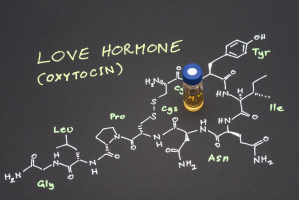Top 10 Best Ways to Increase Dopamine Levels Naturally
Dopamine is a vital chemical messenger that your nervous system uses to send messages between nerve cells. Because it promotes desire and motivation, it is ... read more...sometimes referred to as the "motivation molecule". Controlling the release of dopamine and making those dopamine receptors high is important to maintain a healthy balance in one’s life. Below are some of the Best Ways to Increase Dopamine Levels Naturally!
-
Proteins are made up of smaller building blocks called amino acids. All of the proteins in your body are made up of about 20 distinct amino acids. Some of these amino acids may be produced by your body, while the others must be obtained from the diet.
Tyrosine, one amino acid, is essential for the synthesis of dopamine. Tyrosine levels must be enough for your body to produce dopamine because tyrosine is converted to dopamine by enzymes within your body. Phenylalanine is an additional amino acid that may be used to create tyrosine. Found naturally sources of tyrosine and phenylalanine include foods high in protein such as turkey, beef, eggs, dairy, soy, and legumes. Tyrosine and phenylalanine consumption might increase dopamine levels in the brain, which may encourage creativity and enhance memory, according to studies. On the other hand, dopamine levels may drop if phenylalanine and tyrosine are cut out of the diet.
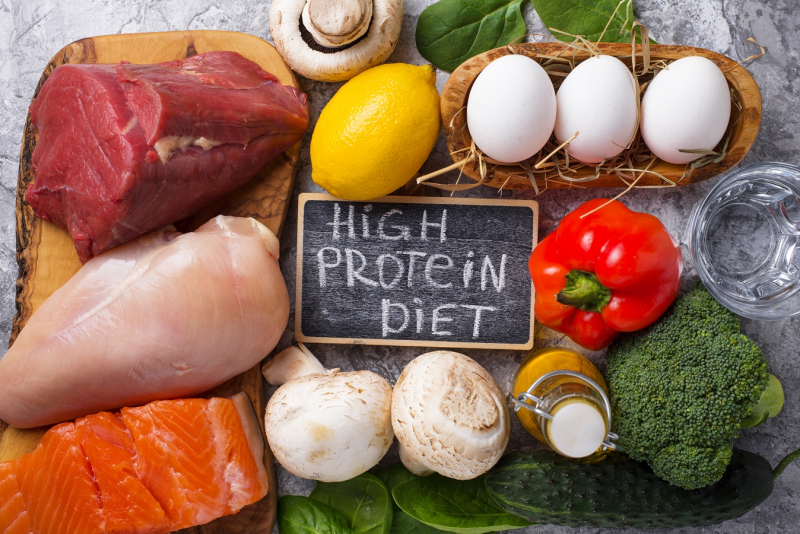
Eat lots of protein 
Eat lots of protein -
Saturated fats, including those found in animal fat, butter, full-fat dairy, palm oil, and coconut oil, may disrupt dopamine signaling in the brain when taken in extremely high doses, according to some animal studies.
These studies have only been done on rats. According to one study, rats who got half of their calories from saturated fat had less dopamine signaling in their reward centers than those that had the same number of calories from unsaturated fat. More study is required, but some experts believe that diets high in saturated fat may cause the body to become more inflammatory, changing how the dopamine system functions. Some previous observational studies have discovered a relationship between excessive saturated fat intake and poor memory and thinking ability in people.

Eat less saturated fat 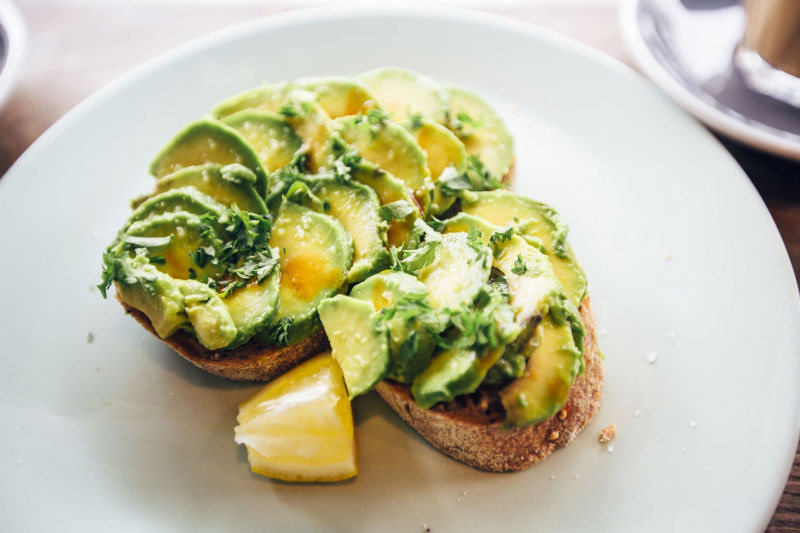
Eat less saturated fat -
Scientists have found that the gut and brain are closely linked. In fact, because it is home to many nerve cells that produce a variety of neurotransmitter signaling molecules, such as dopamine, the gut is frequently referred to as the "second brain".
It's now known that some gut bacteria species may also produce dopamine, which can affect your mood and behavior. Numerous studies have found that some bacteria can lessen the signs of anxiety and depression in both people and animals when taken in sufficient amounts. Although there is a clear connection between gut health, probiotics, and mood, it is still not completely understood. Probiotics probably affect mood by increasing dopamine production, but further studies are required to evaluate the extent of the influence.

Consume probiotics 
Consume probiotics -
The precursor molecule to dopamine, L-dopa, is naturally found in high concentrations in velvet beans (Mucuna pruriens). According to studies, eating these beans may naturally increase dopamine levels, particularly in those who have Parkinson's disease, a movement disorder caused by low dopamine levels.
A 1992 research on Parkinson's patients discovered that eating 250 grams of cooked velvet beans considerably increased dopamine levels and decreased symptoms of the condition 1-2 hours later. Similarly, a number of research on Mucuna pruriens supplements discovered that they may be less likely to cause adverse effects and may be even more effective and long-lasting than traditional Parkinson's disease medications. Remember that large quantities of velvet beans are poisonous. Be cautious to follow the dose instructions provided on the product label.

Eat velvet beans 
Eat velvet beans -
It is advised to exercise to increase endorphin levels and improves mood. Even 10 minutes of aerobic exercise can improve mood, although the benefits are usually greatest after at least 20 minutes.
Animal studies suggest that exercise may increase dopamine levels in the brain, even though these benefits are likely not completely related to changes in dopamine levels. Running on a treadmill boosts dopamine levels in rats and regulates the number of dopamine receptors in the brain's reward centers. However, a 3-month human study discovered that practicing yoga for one hour, six days per week, dramatically raised dopamine levels. People with Parkinson's disease, a disorder in which low dopamine levels impair the people's ability to control body movements, can also benefit from regular aerobic exercise.

Exercise often 
Exercise often -
Dopamine is a brain chemical that promotes feelings of alertness and wakefulness when it is released. According to research on animals, dopamine levels naturally decrease in the evening when it's time to go to bed and are naturally released in large amounts in the morning when it's time to wake up.
But it seems that sleep deprivation throws off these natural rhythms. The amount of dopamine receptors in the brain is significantly decreased in the morning after being forced to stay awake all night. Regularly getting good sleep might help keep your dopamine levels in check and make you feel more awake during the day. The National Sleep Foundation advises adults to get 7-9 hours of sleep each night and practice good sleep hygiene in order to maintain optimal health.

Get enough sleep 
Get enough sleep -
A great way to encourage dopamine release in your brain is by listening to music. Dopamine levels may rise when you listen to your favorite choral and instrumental music.
According to several brain imaging studies, listening to music increases activity in the reward and pleasure areas of the brain, which are rich with dopamine receptors. In a short 2011 study, it was shown that when participants listened to chilly instrumental music, their brain's dopamine levels increased by 9%. It has also been demonstrated that listening to music can help people with Parkinson's disease improve their fine motor skills since music can increase dopamine levels.

Listen to music 
Listen to music -
Clearing your mind, listening in to yourself, and letting your thoughts drift by without judgment or attachment are all practices of meditation. It may be done while standing, sitting, or even while walking, and regular practice is related to better physical and mental health.
According to new reports, the increased dopamine levels in the brain may be the result of these benefits. According to one research involving 8 experienced meditation teachers, meditating for one hour increases dopamine production by 65% compared to simply lying. These changes are supposed to make meditators feel better and more motivated to stay in the meditative state for longer.

Meditate 
Meditate -
People who have the seasonal affective disorder (SAD), which occurs when they do not receive enough sunlight throughout the winter, may experience sadness or depression. Dopamine and other mood-enhancing neurotransmitters can be found in greater amounts during times of high sunlight exposure than during periods of low sunlight exposure.
The reward and movement areas of the brains of 68 healthy people were found to have the highest density of dopamine receptors in those who had been exposed to the most sunshine over the previous 30 days. While receiving some sun may increase dopamine levels and boost mood, it's still crucial to follow safety guidelines because too much sun exposure may be harmful.

Get enough sunlight 
Get enough sunlight -
Iron, niacin, folate, and vitamin B6 are among the vitamins and minerals your body requires to create dopamine. You may struggle to produce enough dopamine to fulfill your body's demands if you are lacking in one or more of these nutrients.
You may determine whether you are deficient in any of these nutrients by blood tests. If so, you can take supplements as needed to restore your levels. In addition to healthy eating, a number of supplements have also been related to higher dopamine levels. Magnesium, vitamin D, curcumin, oregano extract, and green tea are some of these supplements. However, research is limited to animal studies, so further human research is required.
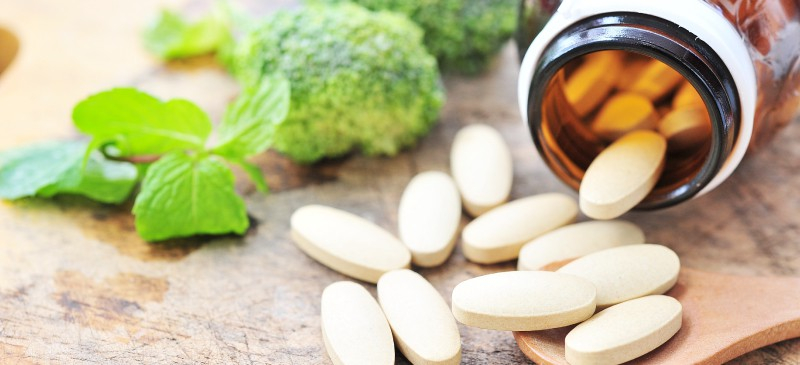
Consider supplements 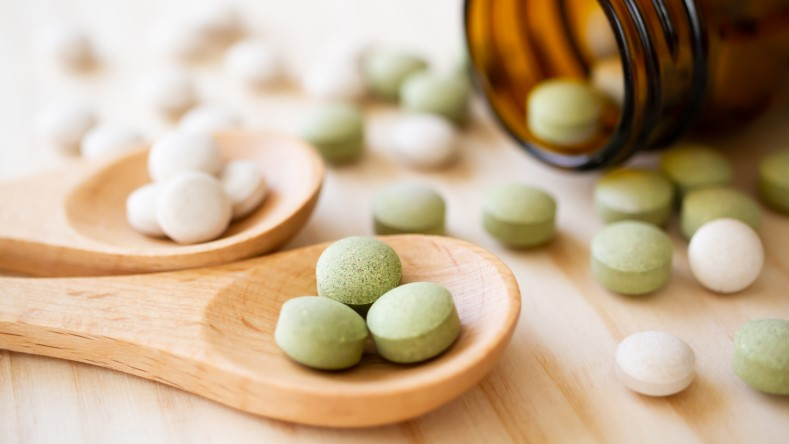
Consider supplements






























